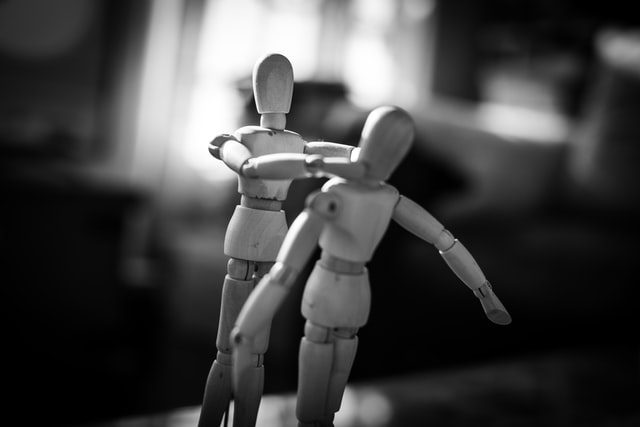Both hate crimes and bias incidents are wrong and shouldn’t happen, but thousands of occurrences sadly occur every year.
Hate crimes and bias incidents aren’t the same, though. Here’s a look at how the two differ.
Table of Contents
What is a hate crime?
Quite simply, a hate crime refers to an offense that is based on the victim’s race, color, gender, sexual orientation, national origin, ancestry, age, disability, or religion.
When a crime is committed or a victim is selected based on those factors, it’s regarded as a hate crime, not a bias incident.
The word “hate” in “hate crime” can actually be a little misleading because it doesn’t mean the person or people committing the crime are angry or raging in their actions.
In the context of the crime, “hate” is defined by law to mean having a bias against people with the characteristics outlined above; although the exact nature of what constitutes a hate crime can legally differ from one state to another.
The types of crimes that constitute examples of hate crimes vary, but the crime is often violent.
Hate crime examples include physical assault, arson, murder, vandalism, stalking, reckless conduct, and verbal abuse. Hate crimes can also include threats to commit such crimes and conspiring with others to commit such crimes, even if the crime isn’t actually carried out.
Compared to many other crimes, hate crimes can have a broader effect. They not only affect the target of the crime but also the victim’s family and the local community. Some hate crimes can even affect the whole nation.
What happens if you’re a victim of a hate crime?
If someone has injured or harassed you due to your race, color, gender, sexual orientation, national origin, ancestry, age, disability, or religion it is imperative you reach out to an experienced lawyer who can help you navigate what to do next. Though most hate crimes are extremely blatant, there are some that you may not even be aware are hate crimes. Victims in car accidents caused by road rage could also, in part, be hate crimes. It’s important to reach out to an experienced road rage attorney if this type of accident happened to you and you believe the person responsible was committing a hate crime so that your lawyer can go through all of the specifics with you.
What happens if you’re a victim of a hate crime?
Penalties for hate crimes can be severe, so if you have been charged with such a crime, it’s crucial you get advice from a skillful and experienced hate crime lawyer who can provide you with the best possible legal representation.
If you do end up being convicted of a hate crime, you could face hefty fines and long-term imprisonment. You could lose other rights, too, such as being able to own certain weapons and being able to vote.
What is a bias incident?
Free speech is one of the greatest freedoms any individual can have, and it’s the main reason why bias incidents are not considered to be crimes.
Bias incidents are statements of prejudice. They include things like hate speech, sexist jokes, religious slurs, and offensive graffiti.
Such bias incidents, while still displaying hate towards an individual or group, have not been criminalized. They are protected under the First Amendment. So, bias incidents can be racist, sexist, or offensive, for instance, but they are not considered to be illegal.
What is the difference between hate crimes and bias incidents?
The main difference between a hate crime and a biased incident has to do with intent.
An incident that involves intentional threats, intimidation, or harm to a victim will largely be considered a hate crime.
If the incident isn’t threatening or more abstract, it will likely be classified as a biased incident.
The law itself uses a more complex vocabulary to distinguish hate crimes and bias incidents, but ultimately it has to do with the perpetrator’s intentions.
Of course, both hate crimes and bias incidents are wrong, morally and ethically speaking. Nobody should feel threatened, intimidated, or discriminated against. But legally, bias incidents are not criminal incidents.
Summing Up
By looking at the root causes of hate crimes and bias incidents and educating people, we can gradually make a difference and create a better society. In the meantime, thankfully, there are laws in place to hold perpetrators of hate crimes accountable.
Featured Photo by Charl Folscher on Unsplash




